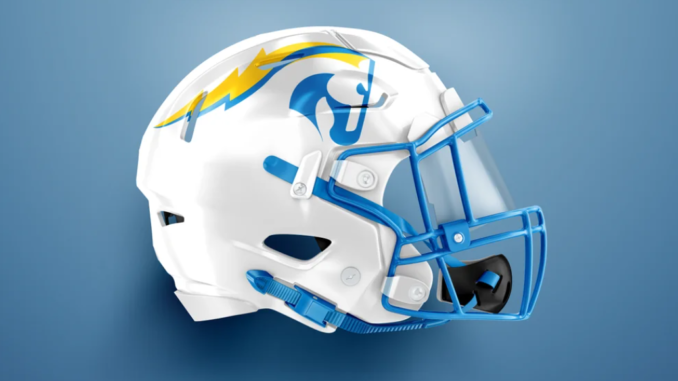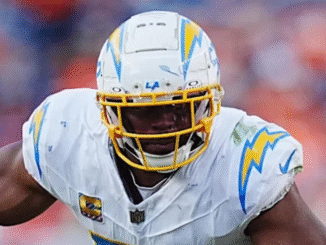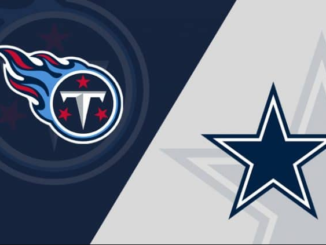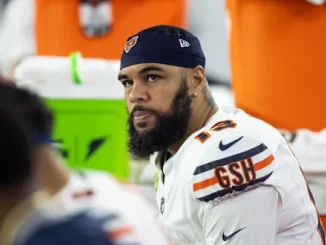
After a promising turnaround in 2024, the Los Angeles Chargers saw their season end in disappointment with a crushing 32-12 Wild Card loss to the Houston Texans. Quarterback Justin Herbert endured a disastrous outing, throwing four interceptions in the defeat.
Despite the playoff collapse, Jim Harbaugh’s first year at the helm was a success. The Chargers rebounded from a 5-12 finish in 2023 to post an 11-6 record, securing the top Wild Card spot.
A dominant defense played a major role in the team’s resurgence. Los Angeles ranked seventh against the pass and led the league in scoring defense, allowing just 17.7 points per game.

Now, the Chargers are keeping a key piece of that unit in place, agreeing to a three-year deal with safety Elijah Molden, according to NFL Network’s Ian Rapoport.
The Chargers retain injured safety on three-year deal
The Chargers acquired Elijah Molden in a trade with the Tennessee Titans before the 2024 season. Originally a third-round pick out of Washington in the 2021 NFL Draft, Molden spent his first three seasons with the Titans before making the move to Los Angeles.
Molden was having a career-best season with the Chargers, recording 75 total tackles, three interceptions, seven passes defended, and two fumble recoveries. Unfortunately, his breakout year was cut short when he suffered a broken fibula in Week 17, sidelining him for the regular season finale and the Chargers’ playoff loss to the Texans.

Despite the injury, the Chargers were impressed with Molden’s performance and rewarded him with a three-year, $18.25 million contract. His $6.08 million annual average salary aligns closely with his estimated free agent market value of $6.2 million per year, per Spotrac.
Now, Los Angeles aims to translate its regular-season success into postseason wins. Justin Herbert delivered another strong statistical season in 2024, throwing 23 touchdowns to just three interceptions. However, his Wild Card meltdown—where he threw four picks—was one of the worst playoff performances by a quarterback in the past decade, ranking second-worst in Expected Points Added (EPA) per pass play.



Be the first to comment